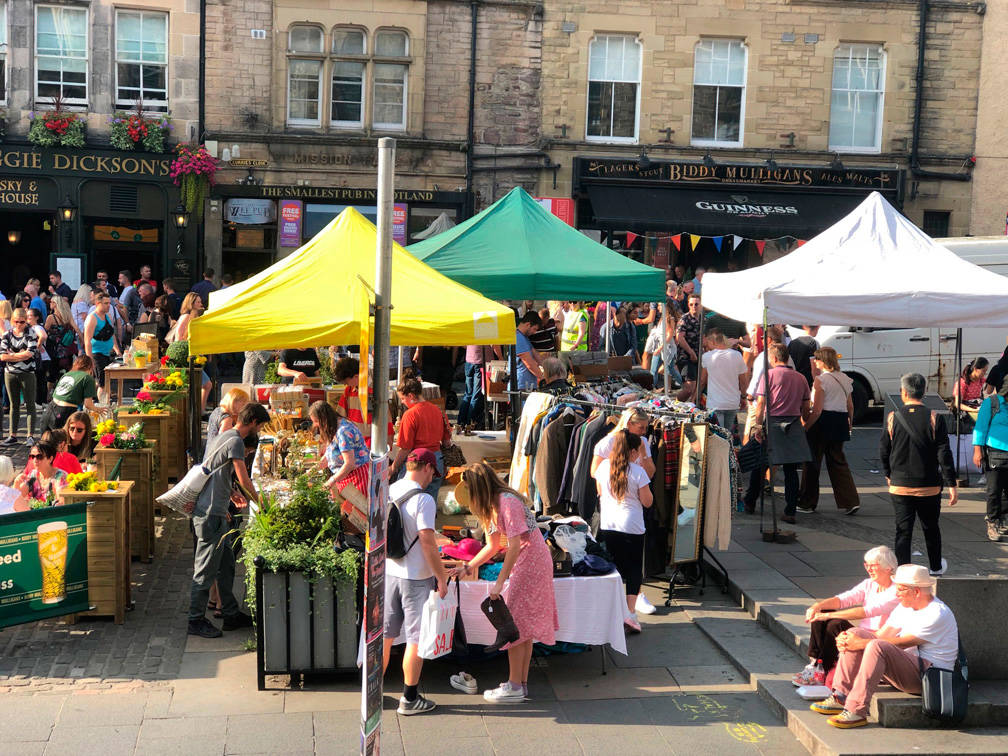By Morf Morford
Tacoma Daily Index
“When an elder dies, an entire library burns to the ground”. That’s an old African proverb. But it could be Asian or European, or even Native American.
It’s one of those universal truths; a full life-time of experience and wisdom gained from direct encounters with seasons, challenges and serendipitous events or relationships builds a body of knowledge that defies categorization or definition.
I love books, but they are a pale approximation of the depth, beauty and pain of worn hands and silvered hair.
Many historic and traditional cultures venerate their most senior members. I have travelled to some of those places. The respect and honor for elders is almost tangible. They are listened to, cared for, even catered to.
It is not so in our culture of course. We love, if not venerate, youth.
We love energy and the imagined freedom and imperviousness of youth.
In America, since 1776 at least, we have had a “problem with authority” – and older citizens, for better or worse – are associated with authority.
Youth represents an escape from, or at least a challenge to, the authority that hems in, or even restricts, our innate longing for freedom.
We see this in every category of our lives. From food to music, to politics and fashion, generations find themselves facing-off over proper use, place or conditions for almost everything.
Music is too loud for some, too offensive to others, too boring for others.
Each generation finds endless fault with the other.
Older viewers love to hate those college-age Spring Break revelers on Florida’s beaches.
And young people love to mock the tech awkwardness of their parents – or grandparents.
But in truth we need each other – desperately.
Books like The Hunger Games are based on the premise that old people will be endlessly entertained by nothing more than the survival strategies of young people pitted against each other in life or death situations.
And young people, on some level, presumably want nothing more than to get rid of (and inherit the goods of) their parents.
In 2020 the economic and cultural forces combine to raise the stakes even more: “OK Boomer” has taken an even more ominous tone.
Thanks to COVID-19, a chilling society-wide triage has settled in. In a health care system with limited resources, who gets care and who doesn’t?
In a world currently (for whatever reason) flush with cynics, scammers and opportunists, a modest proposal is being made; how about if we relax the “social distancing” guidelines, re-open businesses and revive the economy?
Yes, a few (or more than a few) will get sick or die, but (at least at first) it will only be those who have pre-existing conditions. And if even more people die, consider how much wealth those of us left will have!
This is the greatest pyramid scheme of all. Just turn the pyramid upside down, divide the remaining resources among the survivors, and like magic, we are all wealthy.
It does sound like a cheesy reality TV show doesn’t it?
Unfortunately, it is not. It’s real life.
And you can expect religion to be brought into it. Be prepared for distorted and self-serving recitations of “Greater love has no one than this: to lay down one’s life for one’s friends” (John 15:13).
The meaning these prophets (and profiteers) of doom are promoting is the exact opposite of the intended original meaning.
The verse is about a believer’s sacrifice for others – not others being sacrificed for your own benefit.
You don’t need to be religious to be a hypocrite, but as we all know too well, scripture in the hands of a master con artist can be used with almost surgical precision to deceive and manipulate.
No matter what happens, stay tuned for the next suspenseful, action-packed episode of “Whose world is it, anyway?” broadcast daily in your neighborhood.
You don’t have to wash your hands so much anymore, you can party without guilt, and don’t forget to put granny out with your recycling bin on pick-up day. Your 401(k) will thank you for your sacrifice.






